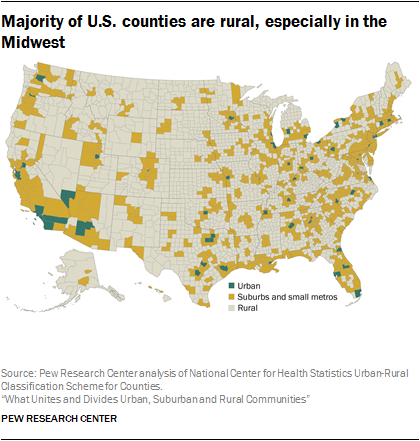Sleep
[x] Write-In
- Joined
- Oct 24, 2015
- Messages
- 282
- Likes received
- 1,949
I noticed a lack of history thread, and after some discussions wandered into a place where I wanted one, I decided to make it myself. I have no idea if people other then myself will use it, but I figured if I was going to have to make a thread anyway, it may as well be a general for other people to use too.
Feel free to ask questions, recommend books or authors, post in-depth looks at different topics and generally conduct history.
Basic Rules:
1) Be ready to provide sources when asked, especially if you post answers. Not because people doubt you, but because we want to learn.
2) Have some basic pride in your work, and try to apply some level of rigor to posts. This clearly isn't academic, but responding to honest historical questions with snark or one liners is not really desired.
2a) For example, if someone asks a question about why the American revolution happened, and you post "Because they wanted lower taxes LUL" there will be a terrible reckoning.
3) Understand that history is (by nature) argumentative, but be polite when you make arguments, especially when being critical of another user. By the same note, questions and (civil) arguments are an inherent part of doing history, and so don't be offended if someone questions part of your post.
4) Remember Rule 8. Culture Wars stuff and contemporary politics stay out. If you want to make a post directly relating to those subjects, feel free to check with a mod, but this may not be the place for it.
5) Historical fiction, quests and theorizing about alternative history are allowed, but only so long as they don't go wildly off topic. Questions, advertising or commentary about an industrial era quest are fine, a two page derail about Marian Alston having sweet, sweet lesbian sex is not.
6) Feel free to ask for threadmarks.
Feel free to ask questions, recommend books or authors, post in-depth looks at different topics and generally conduct history.
Basic Rules:
1) Be ready to provide sources when asked, especially if you post answers. Not because people doubt you, but because we want to learn.
2) Have some basic pride in your work, and try to apply some level of rigor to posts. This clearly isn't academic, but responding to honest historical questions with snark or one liners is not really desired.
2a) For example, if someone asks a question about why the American revolution happened, and you post "Because they wanted lower taxes LUL" there will be a terrible reckoning.
3) Understand that history is (by nature) argumentative, but be polite when you make arguments, especially when being critical of another user. By the same note, questions and (civil) arguments are an inherent part of doing history, and so don't be offended if someone questions part of your post.
4) Remember Rule 8. Culture Wars stuff and contemporary politics stay out. If you want to make a post directly relating to those subjects, feel free to check with a mod, but this may not be the place for it.
5) Historical fiction, quests and theorizing about alternative history are allowed, but only so long as they don't go wildly off topic. Questions, advertising or commentary about an industrial era quest are fine, a two page derail about Marian Alston having sweet, sweet lesbian sex is not.
6) Feel free to ask for threadmarks.
Last edited:






